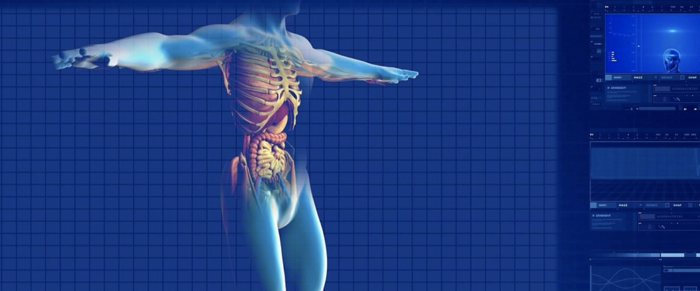Having Low Potassium
[title size=”2″]What Is Low Potassium?[/title]
Many types of vitamins and minerals are required to help your body to run at 100 percent. Potassium specifically is mineral which like magnesium, sodium, and calcium are considered electrolytes. These electrolytes are in charge of the electrical impulses in your body including your heart. Potassium plays a major role in the way your body’s muscles function. Potassium is extremely important to your body because it not only regulates your hormone levels, but it also helps to maintain the processes your kidneys go through to help with the process of fluid filtering in the body.
Many times people with hypertension, also known as high blood pressure is caused by an imbalance of your electrolytes, specifically potassium and sodium. Being deficient in potassium or having low-potassium is called hypokalemia.
Potassium is required to help break down and use the proteins and carbohydrates which are needed to keep your body fueled. When your body is deficient in potassium it can cause some major malfunctions when it comes to your health.
[title size=”2″]Symptoms of Potassium Deficiency[/title]
- Muscle fatigue/cramping
- Feeling tired or weak
- Palpitations or your heart skipping a beat
- Feeling faint or dizzy
- Constipation
[title size=”2″]What Causes Low Potassium?[/title]
There are many things which can lead to Hypokalemia or can potentially cause low-potassium. Here are five of the main reasons you may be deficient in Potassium.
- Certain medications, such as diuretics, can cause you to lose electrolytes such as potassium through body functions
- Long-term kidney disease
- Eating disorders, such as Bulimia, which consist of self-induced vomiting or the excessive use of laxatives
- Vomiting and diarrhea related to illness
- Drinking too much alcohol can greatly increase the chance that your body is deficient in potassium because it causes imbalance of the different types of electrolytes.
Being deficient in Magnesium can lead to your body not being able to absorb the potassium that you need to help your body function properly.
Eating too much sodium
[title size=”2″]How to Treat Low Potassium[/title]
When you have low potassium it is likely that your doctor is going to prescribe you begin taking potassium supplements and increase your potassium intake through your food. Another thing that your family physician is likely to suggest is including things like pedialyte or sports drinks in your diet.
These types of drinks are made to replenish your electrolytes including potassium. You can also try eating a better diet of high potassium foods. Here is a list.
[title size=”2″]How to Prevent Potassium Deficiency[/title]
Increasing the amount of fruits, veggies, and leafy greens which you have in your diet can greatly improve the chances of balancing the electrolytes in your system.
Reduce the amount of sodium in your diet to lower the chance of your body excreting the potassium in it through waste.
Take a supplement which helps to keep your potassium, magnesium, calcium, and Vitamin D3 at the proper levels to improve overall body health functioning.



Leave a Comment